Leadership Every Day
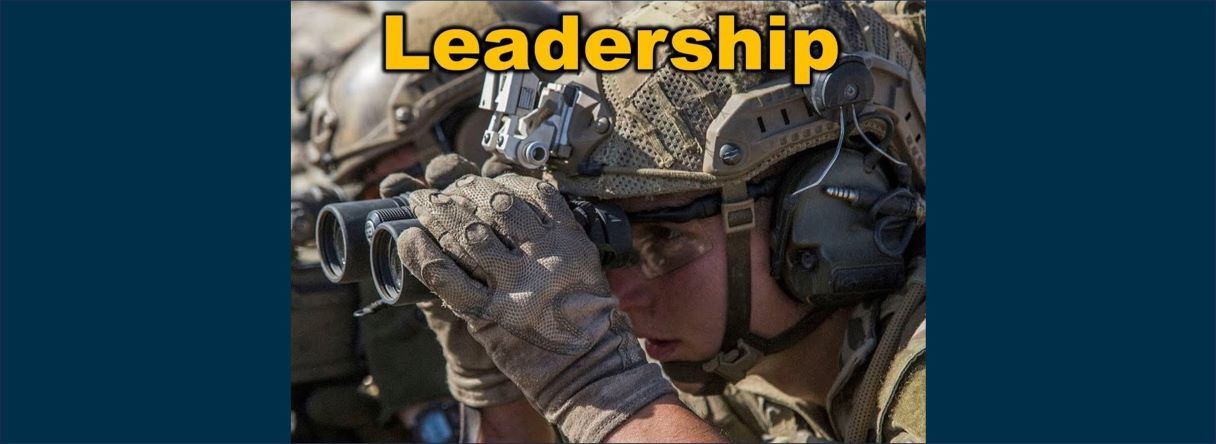
By COL (Ret) Gary L. Gresh
Leadership has always been a favorite topic in every endeavor in which mankind is involved. Capitalist countries, communist countries, social secular countries, autocratic countries, and even dictator led countries all “profess” to have the perfect leadership model.
But only the United States of America trusts all levels of its Army with leadership duties. Why is that? I maintain it’s because the difference in armies will always rest with the individual Soldier, regardless of gender, race, or ethic background, precisely because it’s the individual’s desire for freedom that allows the growth and development of any leader.
Whether your Army unit is involved in maneuver, mayhem, management, manning, music, or mail; leadership is essential. Without leadership, the Army becomes a unruly mob, ruled by panic. When that happens, chaos takes over and no one is in charge. It’s what causes routs in combat, seen often in third world countries. It’s because no individual Soldier is prepared to take charge.
The U.S. Army is unique in so many ways. We come from all classes and social background, all melding to form the strongest of units. Soldiers may fight for a king or autocrat, but few want to die for a king or dictator. We in the U.S. Army trust everyone to lead, not just those appointed by an “emperor”. We have many leaders, both commissioned, warrant, and non-commissioned.
We develop our leaders right from the beginning of their tenure in our organizations. A Corporal is a Leader! Some of the best decisions I ever made were made because I listened to an NCO or junior officer. Our Army units are so resilient because of this leadership matrix. There is always someone to step forward, pick up the guidon and move forward. That’s leadership at its most basic.
The American Soldier fights for freedom and for the social fabric of the Army itself; the person next to you. It’s such a radically simple idea that it’s very difficult to defeat. Race and gender actually play absolutely no role in combat. I know this because I actually had a closet gay Soldier in my platoon in Vietnam. He was drafted and he served.
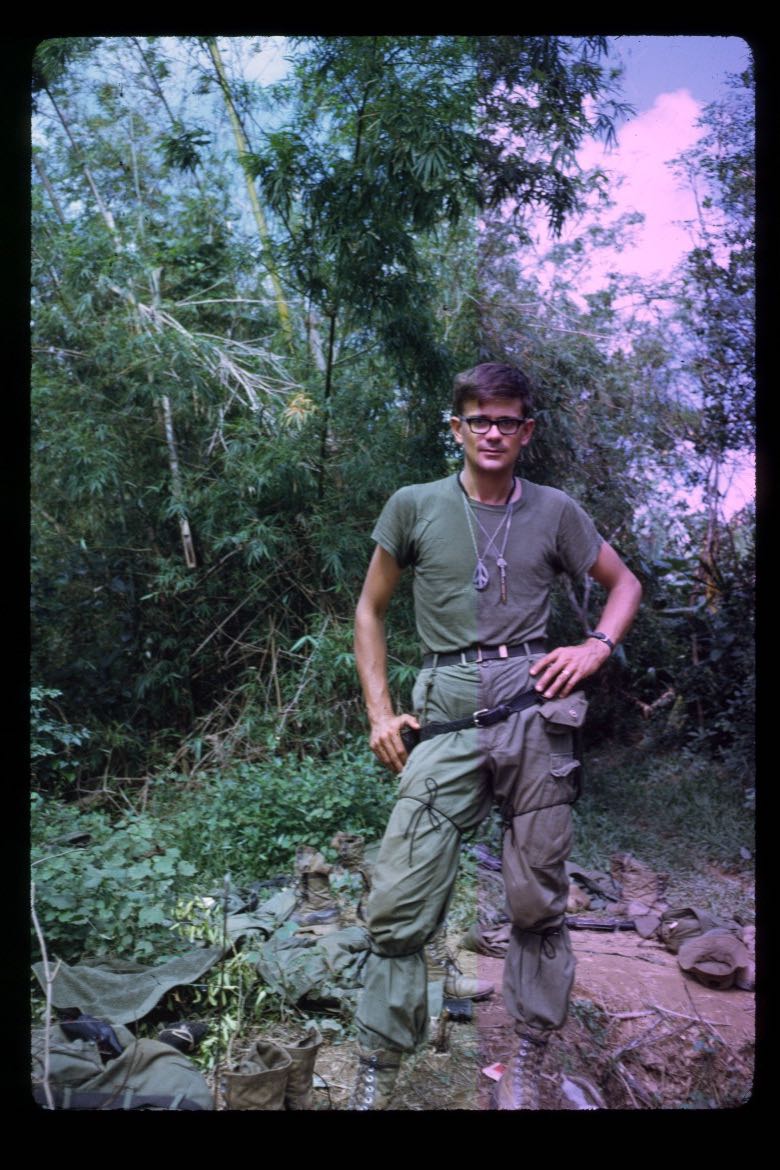
Everyone in the platoon back then thought the Soldier was gay. His mannerisms, thoughts, expressions, and the very way he interacted with others made it clear to anyone. But it made absolutely no difference. You fight for the person next to you when the crap hits the fan. You don’t think of country, you don’t think of race or any other factor except staying alive and fighting for “LIFE AND FREEDOM”. He eventually told us all of his gender identity, and no one cared. We were at war and had no time for prejudice. My gay Soldier did his job well and everyone knew it and respected him for it. Nothing was ever said and he was totally accepted in the platoon.
I have been in combat actions twice in my life and the American Soldier can always be depended upon when the bullets fly threw the air, through your mail tent, through your logistics vehicle, your helicopter, or your friend standing next to you. The reaction is always the same, to fight back with fury, and then cry and hold the dead and wounded after the action.
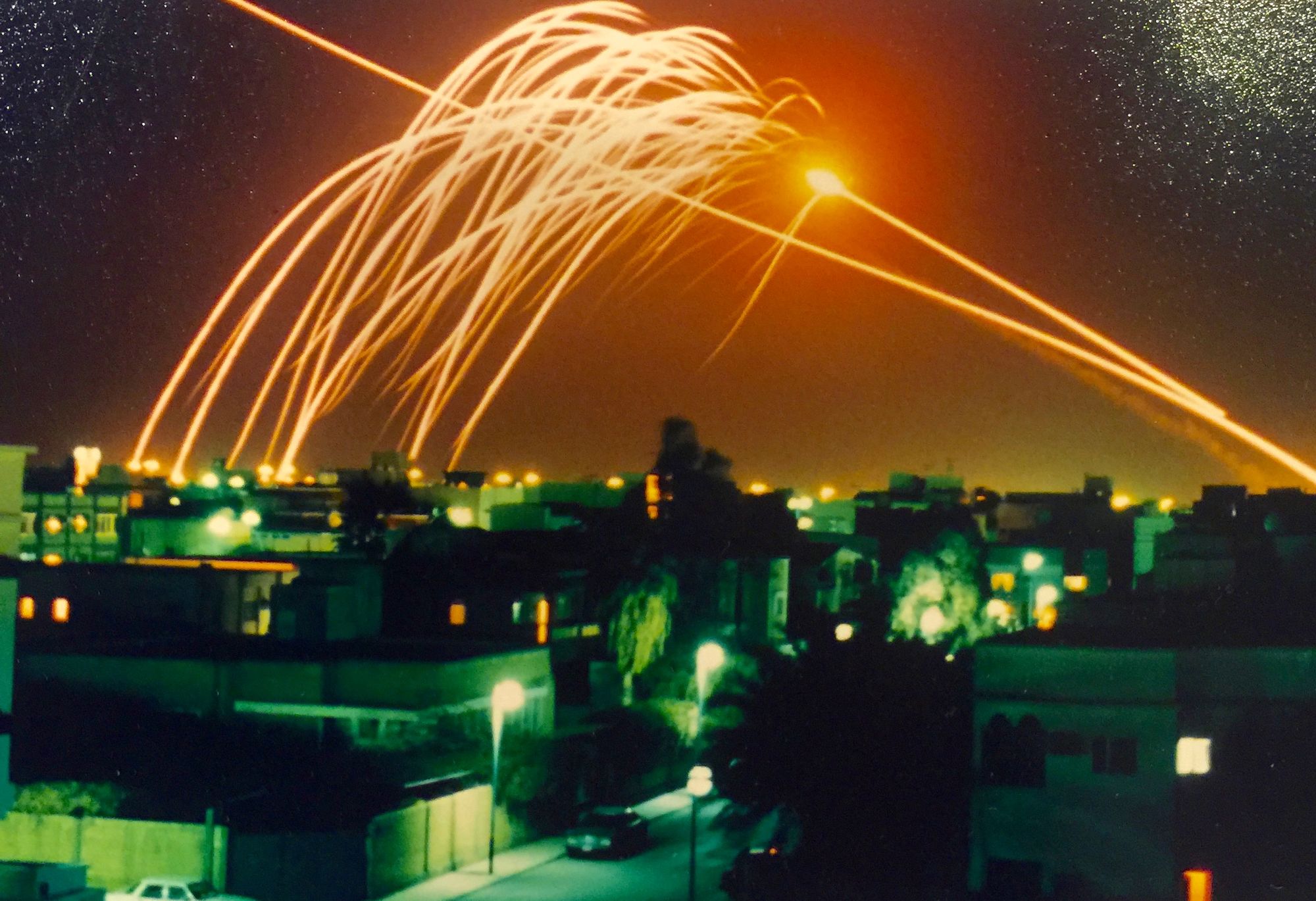
Scholars have argued for centuries about what makes a person a leader, “Nature or Nurture”? While the argument is great scholastic fun, I believe everyone is born with the leadership gene already ingrained. Training improves the use of the leadership motivation, but survivorship has often meant that someone has to step up and lead others. It’s for that reason I believe that good leadership requires only three actions by any individual. 1. Set the Example, 2, Walk the Walk. 3. Make a Decision.
1. Set the Example.
First, develop humility. Do not seek attention, attention will find YOU if you display competence. Always act like your mother is watching your every action. Resist human failings. Always seek the truth and always be fair to a fault. Do not cheat, steal, or tolerate such actions. Care about others. One of the best things I’ve ever been told was by a Chaplain. He said that God gave me only one mouth, but two ears for a reason. I should listen twice as much as I talk.
Throughout my career, I have found that to be so true.
When a Soldier wants to see you, they want to unload some burden. It’s your job as a leader to allow them to do that. Often, just letting the Soldier unload their problem or concerns, solves the problem. They want to get something off their chest. You allow them the time to unload, to ask for advice, but you always ensure that when they leave your office that the monkey they brought is firmly in place on their back and not yours! You can’t solve every problem, but it’s your job to listen and suggest solutions that the Soldier should consider. They need to know you care and will take their opinion.
Never complain. Keep your thoughts to yourself. Resist the temptation to become part of the problem. Even when faced with a completely unreasonable person or senior leader, you should always remember that the wonderful thing about the Army over many civilian positions is that eventually you or that person will move on. You will get another chance to perform the way you want to perform.
Volunteer for the difficult jobs. You will be noticed. Volunteering for just the showboat job will also get you noticed, but not in a way that will help you develop as a true leader.
Stand by your friends, but do not follow blindly. Instead, help to guide your friends when you see them taking the wrong path. It’s also the silent leader, that steps forward when things are beginning to go in the wrong direction.
Serve your needs last. Never jump a chow line or feed yourself first. Your Soldiers notice everything you do and they are ALWAYS watching you. They will never forget!
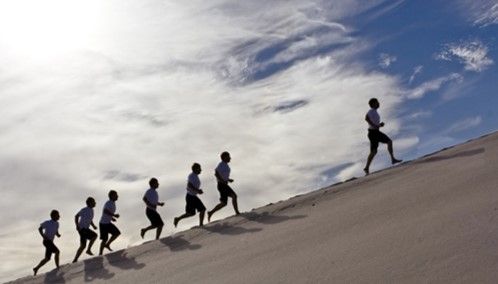
2. Walk the Walk.
Many people talk a lot and tell you what they can do and how much better they can do it than someone else. Resist that temptation. Show people what you are like by your actions, not your voice. A real leader walks the walk they talk about. They do the difficult things and take appropriate risk, not unneeded or overly dangerous activities that could harm others without absolutely confronted with possible mission failure.
Keep your principles when the times get tough. Do not follow others just to be popular. Do not become just one of the mob. Stand up for your beliefs and stand your ground when absolutely necessary to prevent disaster. But, follow lawful orders once the decision has been made by your senior leader.
Don’t ask others to do things you are not willing to do yourself. Sometimes it becomes absolutely necessary to demonstrate your resolve by taking on the danger yourself. Remember that no one in the Army is unreplaceable when mission accomplishment must be met. A mentor once told me, “Stick your hand into a bucket of water, then pull it out. The hole that is left is how much you will be missed in the Army”. That’s sounds harsh, but it is a simple demonstration of how the unit melts together to hold the line!
I have often marveled at the bravery of the individual soldier that hit the beaches at Normandy or the Civil War Soldier who literally stood shoulder to shoulder just yards away from their enemy and did not falter. Where does such bravery come from? Clearly, their duty to the person standing next to them was paramount to their own safety and integrity.
A former Women’s Army Corps (WAC) officer, who became a General Officer and then my Commander, once told me during a counselling session, “Bloom where you are planted”. I was clearly upset about the assignment I had been given at the time. I thought I deserved a better assignment. I was whining and she knew it! But to her credit, she thought enough of me to redirect my ego rather than to just throw me out of her office.
I have thought of her comments often since that session. She was so correct. Those who spend years trying to plan every minute of their career will always be disappointed. What she meant, was “Go with the Flow” and do the very best you can in every assignment. You will eventually be recognized.
Those who try to plan their entire career have the wrong motivation. It’s not the job position but rather how well you do every job that will get you recognized. Said another way, Don’t worry about who gets the credit, just get the job accomplished. I was amazed that so many young officers volunteered from around the world to come to Desert Storm to help on a temporary assignment. They were motivated and were prepared to “Walk the Walk”. They added so much to my Support Group and in many ways, they were crucial to the success of our effort.
3. Make a Decision.
When in a leadership position at any level, always be prepared to make a decision. Hesitating, or making no decision, is itself a decision. Unfortunately, indecision can lead to mission failure. Your troops will not forgive indecision or reluctance to do what they know is necessary. During my time in uniform, our troops were surprisingly intelligent, trusting, and they all have a very good internal BS meter.
All leaders must know their doctrine, be prepared to adjust when necessary, and show confidence in both themselves and their people. A good leader gives a mission type order and allows their personnel the latitude to also make their own decisions on how to accomplish that mission.
I will never forget the advice I received from a senior NCO while commanding my support group in Operation Desert Storm in 1990-91. During that particular moment in time, and in the middle of a wartime electronic disaster, he stepped forward and said, “With all due respect Sir, I believe it’s time for you to go get a cup of coffee and let us NCOs figure this out!” Now that took guts, but I had to recognize that he too, was a leader, and wanted the opportunity to show me what he could do.
I went and got a cup of coffee. They solved the problem and we were up and running in quick order.
So you see, Leadership is in all of us. We just need to dig deep, encourage and allow everyone to grow and perform to their level of competence. I hope these few comments help you as you enter into the best time of your life, leading troops in the United States Army. The best job in the world! I miss it daily.
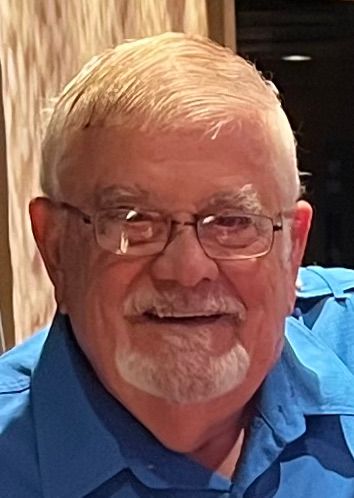
COL (Ret) Gary L. Gresh (Greshg@bellsouth.net), Author, Amazon Books Publishing. COL (Ret) Gresh is an AG Corps Hall of Fame inductee, Class of 2011, and a Distinguished Member of the Corps. COL (Ret) Gresh served in many AG, Special Forces, Ranger, and Airborne Units commanding at every level from a Platoon leader in Vietnam in the 101st Airborne Division, to the Commander, 18thPersonnel Group out of then Fort Bragg, NC during Operation Desert Shield / Desert Storm. During his 30 years of service, he earned over 24 awards and decorations in the Army, including the Distinguished Flying Cross, Two Bronze Stars, and The Legion of Merit. The Secretary of the Army awarded COL (Ret) Gresh the U.S. Army Distinguished Service Medal upon his retirement as the 20th Commandant of the Adjutant General School and the 7th Chief of the Corps.